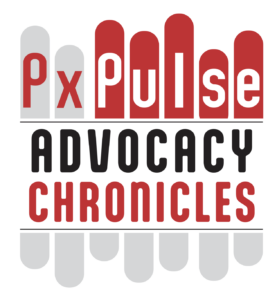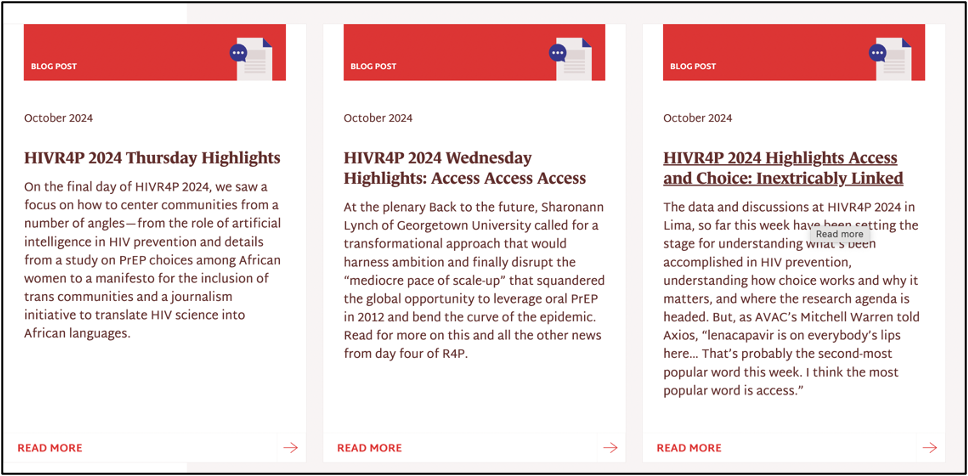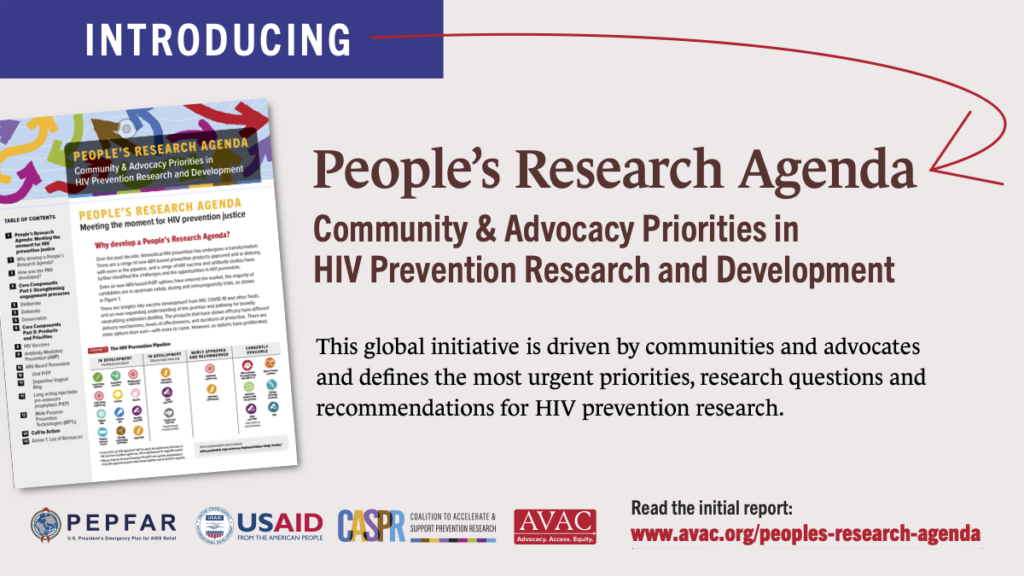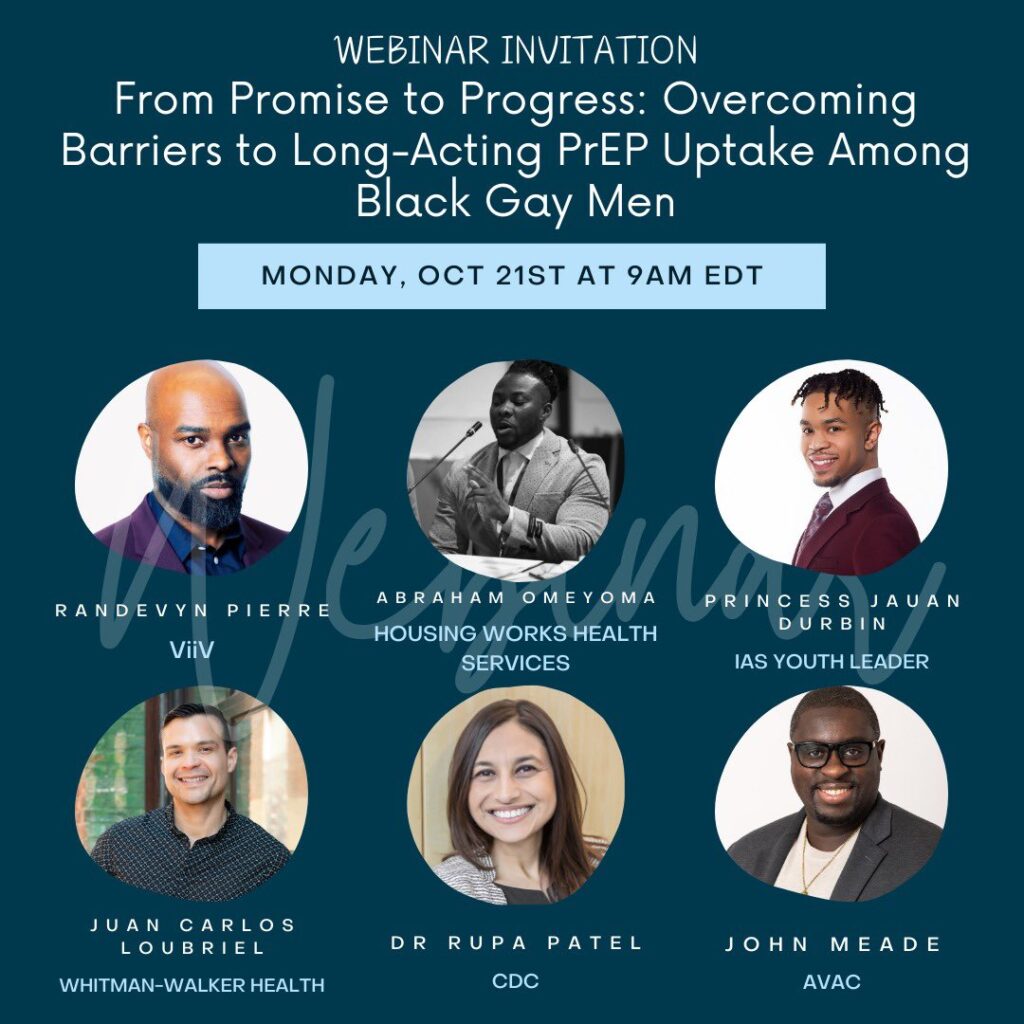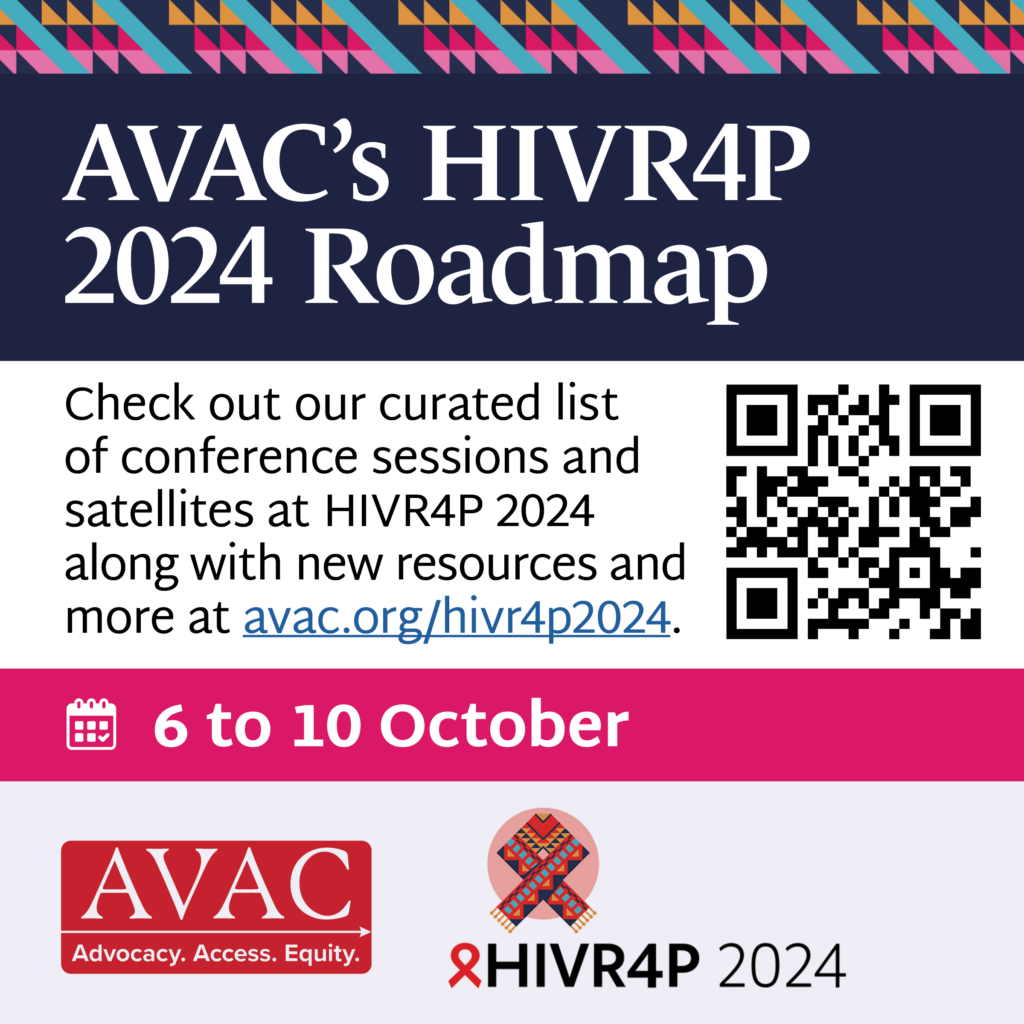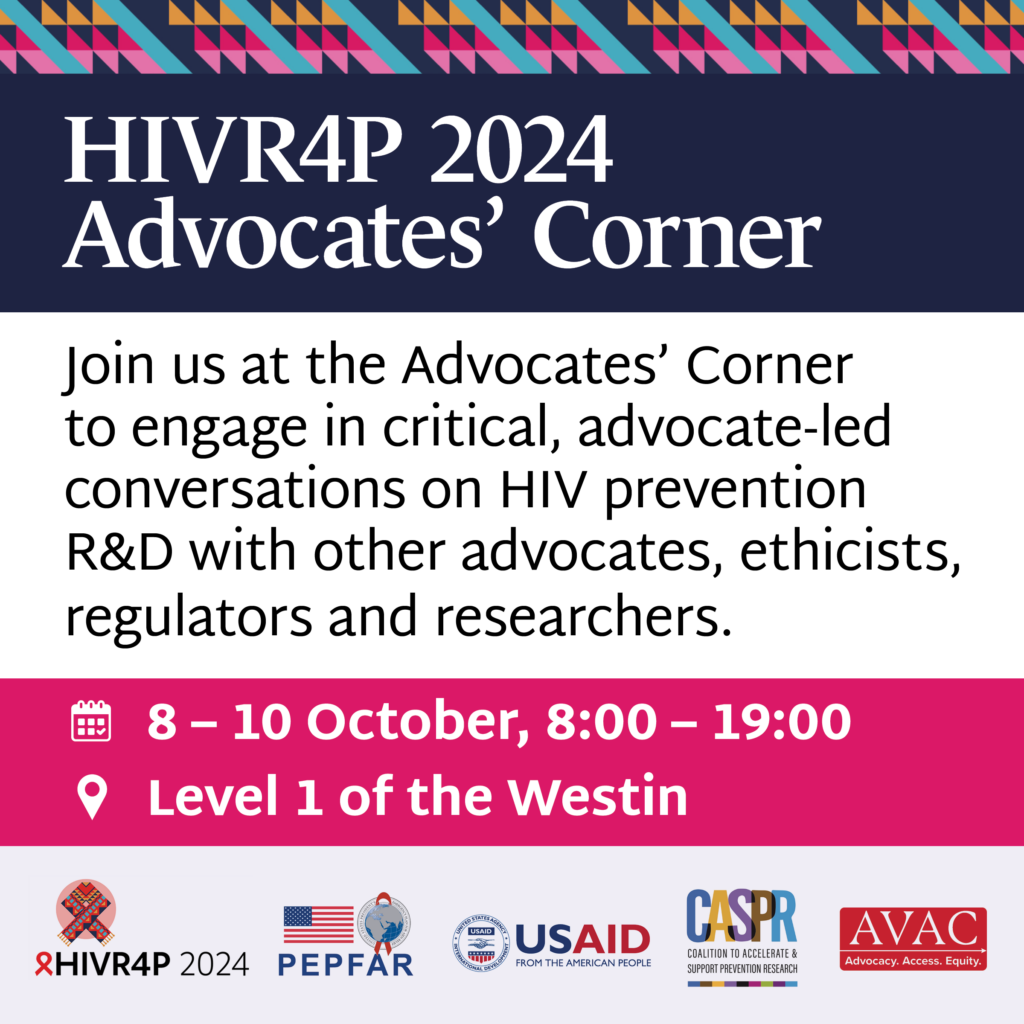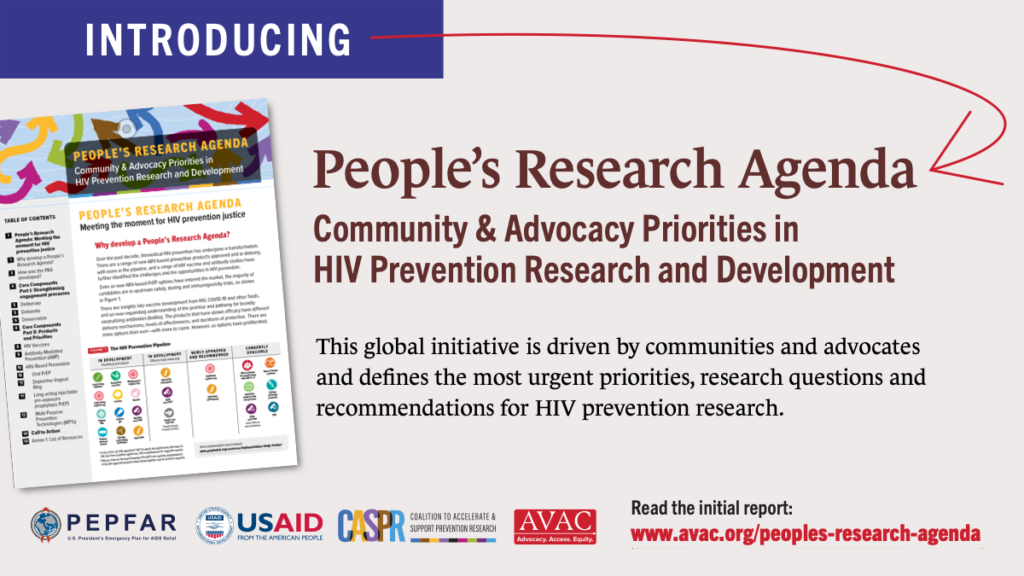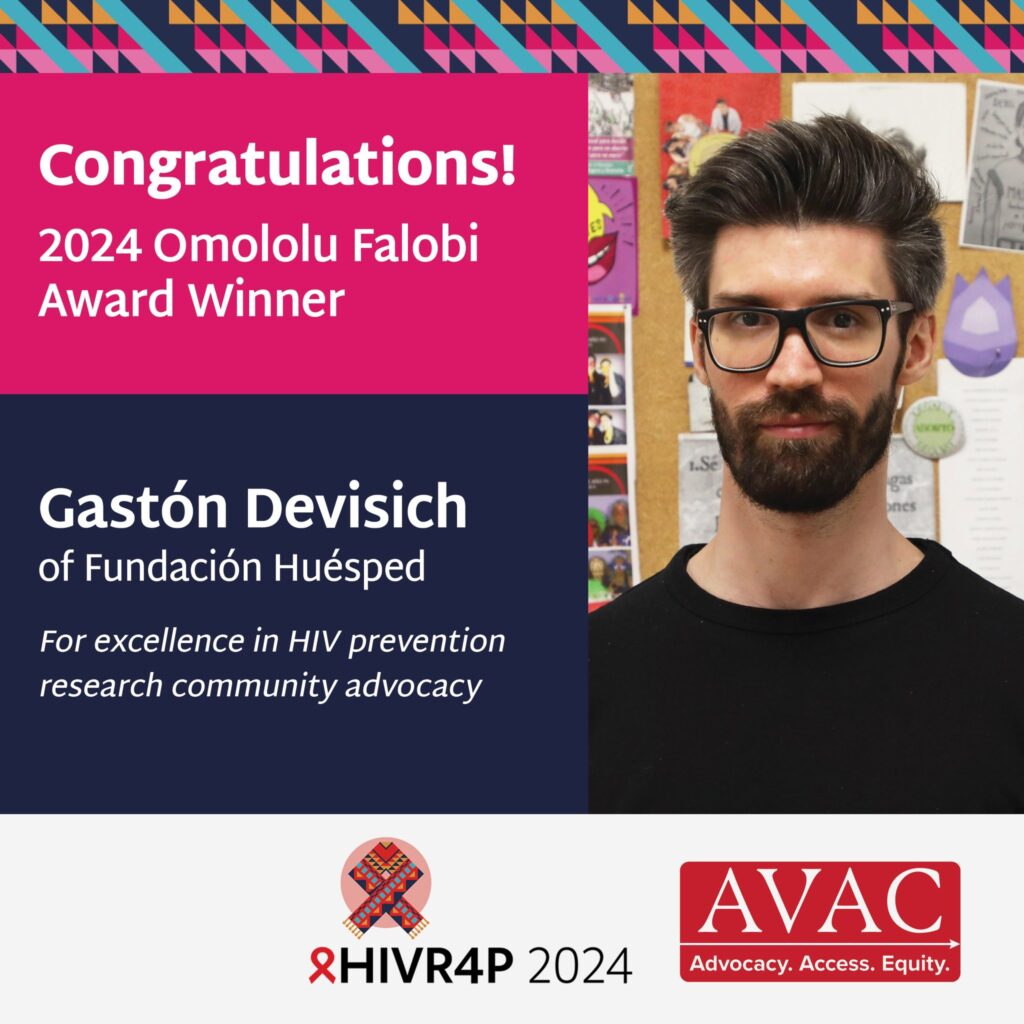For media inquiries contact Michael Chancley at [email protected]
Thursday, October 4th, 2024- Advocates applaud the announcement of the five jurisdictions to receive funding as part of a first-of-its-kind Centers of Disease Control and Prevention (CDC) PrEP pilot. While the original notification of funding opportunity (NOFO) allocated $7M in funds for four jurisdictions, in the face of overwhelming demand from 17 health departments who applied, the CDC increased the investment to $10M–$2M each for five jurisdictions—a clear sign of the urgent need for more PrEP funding. The initiative has the potential to show how a National PrEP Program, as championed by advocacy organizations all over the US, could transform equitable PrEP access by greatly simplifying cost coverage, expanding access to providers, and creating more effective and community-driven education and awareness initiatives. PrEP4All, PrEP in Black America, HIVMA, and AVAC stand ready to work alongside key stakeholders in the five jurisdictions chosen—Baltimore, Houston, Florida, Oklahoma, and South Carolina—and provide insights from the last three years of multi-stakeholder discussions led by our organizations.
“The fact that so many health departments took the time to apply for this funding with a short one-month submission window shows how badly jurisdictions need more funding for equitable PrEP access,” says PrEP4All Executive Director Jeremiah Johnson. “Unfortunately, this pilot is a one-time funding opportunity that only scratches the surface of what is required to expand PrEP access and end HIV as an epidemic nationally. We urge Members of Congress, the Administration and other key policy makers to find additional funds to address this demonstrated need by broadening this pilot right away and fully funding a National PrEP Program.”
“I think what is particularly exciting here is that the states and cities chosen have a real need for innovative approaches to PrEP access,” explains John Meade, Senior Program Manager for Policy at AVAC and a co-founder of PrEP In Black America. “Four of the five locations have not expanded Medicaid, meaning that a program emphasizing simplified access for un- and underinsured individuals can make a real difference in the lives of people who don’t have the time to navigate broken and fragmented cost-coverage options that make PrEP access impossible for so many individuals.”
“This is an amazing next step in the story of PrEP and ending HIV as an epidemic,” said Michael Chancley, PrEP4All Communications and Mobilization Manager and co-founding organizer of PrEP In Black America. “But one thing that has become clear as we’ve convened multi-stakeholder discussions around the nation, is that funding alone will not lead to equitable access. PrEP in Black America published For Us, By Us: A Master Plan for HIV Prevention in Black America that outlines key strategies for an equity informed response to address disparities in HIV prevention among the Black community as an accompaniment to funding and other investments. In the next few weeks PrEP4All will be releasing a comprehensive report on best implementation practices for PrEP programs that will provide key recommendations and insights from the past three years of community-led discussions. We’re hopeful that these will be useful guidance documents for everyone working on implementation.”
“It’s not lost on us that this announcement comes just as more and promising scientific developments in long-acting injectable forms of PrEP become available,” explains Danielle M. Campbell, Science Equity Activist, researcher, co-founding organizer of PrEP In Black America. “We must acknowledge that in the US, there is a longstanding history of innovative preventive health interventions not reaching the communities who need them the most, in particular Black people. The establishment of this kind of PrEP infrastructure creates an opportunity for greater coordination of access to other essential disease prevention innovations, such as novel PrEP, doxyPEP for the prevention of bacterial STIs, and mpox vaccination and treatment.”
“Our frontline workforce needs this type of support to improve access to PrEP and to ensure that every community has a path toward ending their HIV epidemic. Having simpler, more accessible pathways to cover PrEP services means less time, effort, and money spent on navigating cumbersome, fragmented and inadequate programs,” explains HIVMA Chair Allison Agwu, MD, ScM. “While this is an important step, we still have significant work to do to grow, train and support the public health workforce, and we’re eager to support jurisdictions to make sure that providers have the tools they need to offer and provide PrEP services.”


